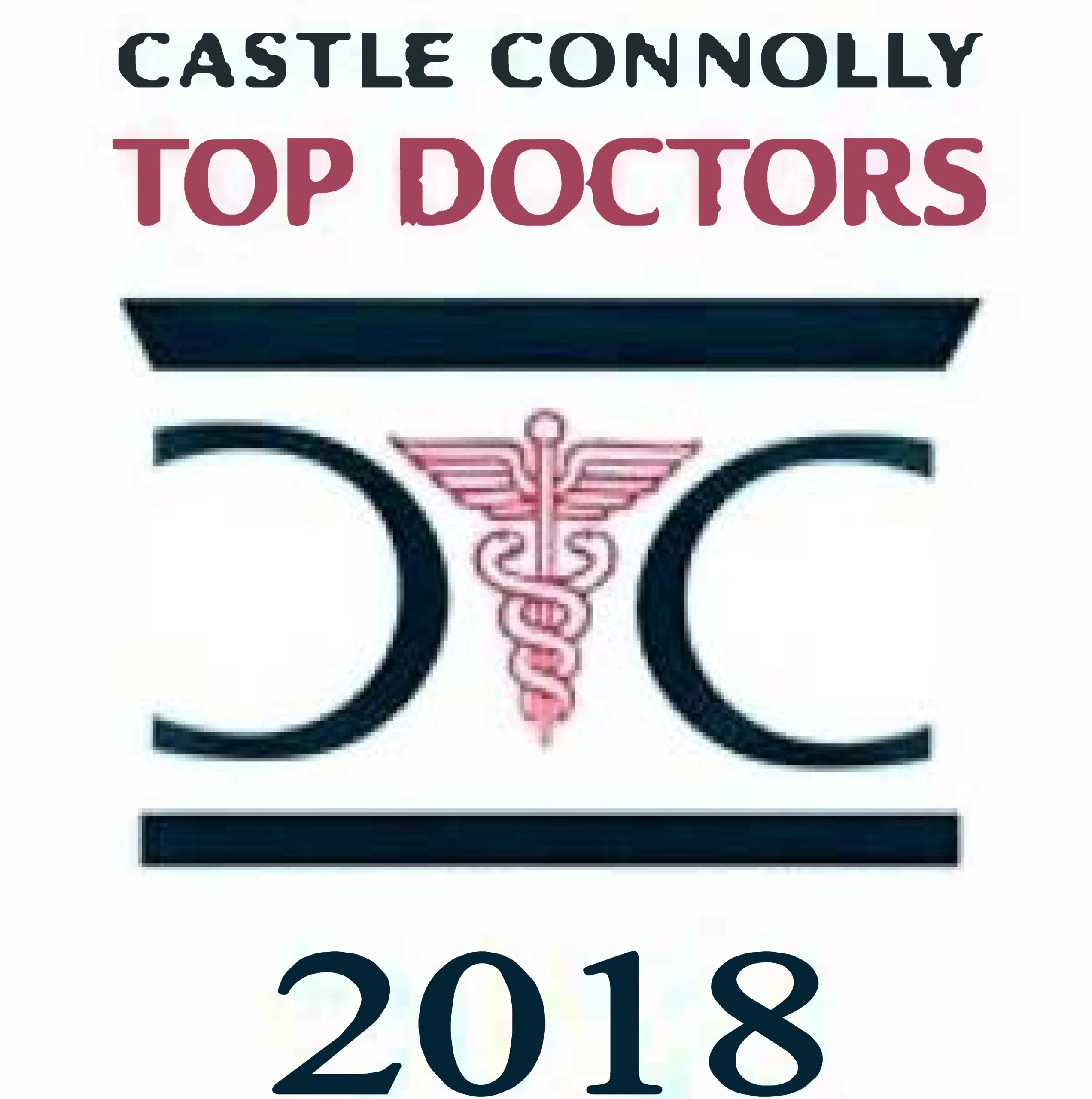Pregnancy loss, or miscarriage, is the spontaneous loss of a pregnancy before 20 weeks.
It occurs in 20% of all first pregnancies. When it recurs, it is known as recurrent pregnancy loss (RPL). It is estimated that 3-5% of all couples desiring pregnancy will suffer RPL. The experience of a pregnancy loss is both physically and emotionally draining and often results in feelings of grief. A complete evaluation is needed to identify the causes of RPL. The majority of couples with RPL will eventually have a successful outcome.
After a complete evaluation, the cause(s) of RPL can be determined in two-thirds of cases. Identification and treatment of problems significantly increases the successful outcome in most cases. During the six-week evaluation, the search for clues to identify possible problems includes a medical history, history of all prior pregnancies, review of all test results on the couple, evaluation of social and environmental risks, and a complete laboratory evaluation.
Genetic Problems
Many couples tend to ascribe RPL to genetic factors. There are two broad types of chromosomal (genetic) abnormalities, with the first and most common type occurring in the baby. This usually involves a problem unique to the particular union of egg and sperm that resulted in a baby that was not capable of survival. This finding has no bearing on future pregnancies in many cases. The second type of chromosomal abnormality exists in the patient or her partner and may be of concern in all of their future pregnancies. Fortunately, this type of genetic abnormality is discovered in only 3-5% of couples with RPL.
Hormonal Problems
Abnormal ovarian function with decreased progesterone production has been termed a “luteal phase deficiency” and is found in 5-8% of women with RPL. Hormonal imbalances that are associated with pregnancy loss include hypothyroidism, an excess in production of prolactin, and imbalances in glucose and insulin. These conditions can be treated medically. High levels of FSH may predict an increased risk of miscarriage.
Anatomic Problems
Uterine abnormalities are found in 15-20% of women with a history of RPL.
These abnormalities may be congenital (from birth) or acquired in the course of a woman’s lifetime. Many of the congenital and acquired abnormalities can be treated with a surgical procedure called operative hysteroscopy. This day-surgical procedure can be used to treat uterine septa, intrauterine scar tissue (adhesions), and growths of smooth muscle (leiomyomas) or glands (polyps).
Immune Problems
The area of immunology has become one of the most significant in the assessment of pregnancy loss. The causes include autoimmune factors (immune reaction against self) and alloimmune causes (immune reaction against another). Tests for lupus anticoagulant and antiphospholipid or anticardiolipin antibodies are clinically indicated diagnostic tests and are abnormal in 15% to 20% of women with RPL. Treatment may include the use of a blood thinner, such as herapin with baby aspirin. Women with these autoimmune factors should not use tobacco products or estrogen-containing birth control pills. Antithyroid antibodies have been associated with RPL in some studies.
Coagulation Problems
Imbalances in the blood clotting system have been recognized as a potential area of importance in RPL. A number of inherited disorders may predispose women to venous and arterial thrombosis and alter the blood flow to the developing baby. As many as 10% of women with unexplained RPL may have a blood clotting disorder. These include deficiencies of protein C, protein S, and antithrombin, and genetic mutations in factor V and factor II. Once identified, these conditions can be treated. Because there are inherited conditions, parents and siblings should be tested when a positive result is identified, and certain lifestyle changes should be made to reduce the risk of blood clots.
Infectious Problems
Infection of the uterine lining (endometrium) with slow growing bacteria such as mycoplasma or ureaplasma has also been associated with pregnancy loss in 5-10% of women with RPL. These bacteria can be identified and treated with antibiotics. Both partners should be treated.
Lifestyle Problems
Certain habits and occupations may be related to pregnancy loss. Tobacco use of greater than 10 cigarettes per day, alcohol use of greater than 5 drinks per week or caffeine use of more than 3 per day will increase the chance of pregnancy loss up to two-fold. Some studies have suggested that women who are exposed to chemicals in their work environment and women with physically strenuous work may have an increased risk of miscarriage. Women who are obese (Body Mass Index > 30) have an increased risk of miscarriage. Weight loss improves the pregnancy outcome. Nontraumatic exercise, intercourse, and normal daily activity do not cause miscarriage. Nutritional problems such as Celiac disease may be linked to RPL. Deficiencies in vitamin B and folic acid that are acquired (dietary deficiency) or inherited (MTHFR) have been linked to RPL in some studies. Vitamin supplements may help these women.








